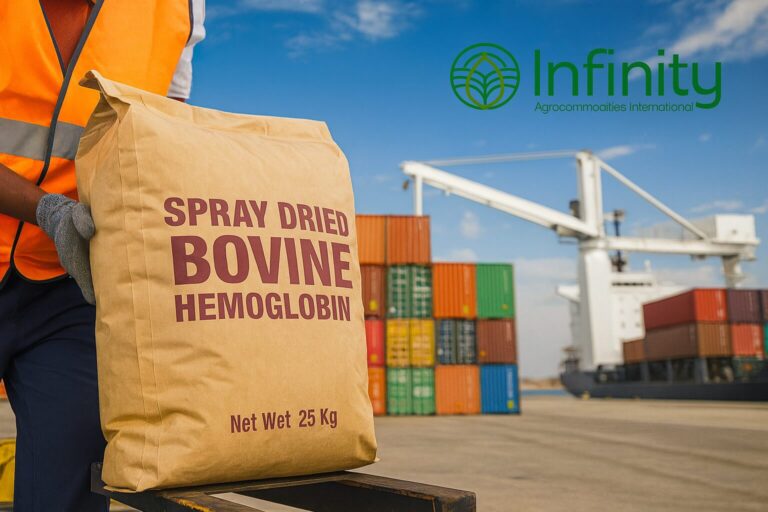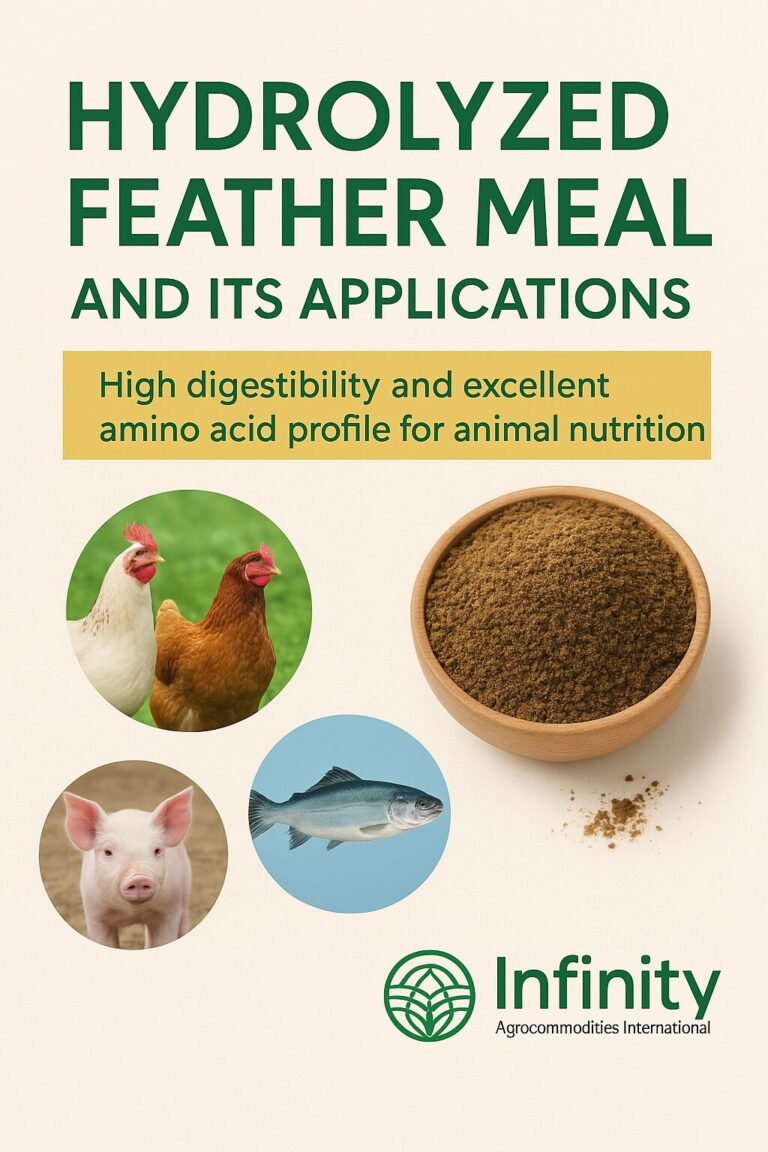Tomm Pfitzenmaier, Summit Commodity Brokerage, says grains saw risk off selling and positioning ahead of President Trump’s Liberation Day announcement on tariffs. However, Mexico’s president says they don’t want a tit for tat trade war.
Grains and hog markets end mostly lower Wednesday, with cattle the bright spot.
Tomm Pfitzenmaier, Summit Commodity Brokerage, says grains saw risk off selling and positioning ahead of President Trump’s Liberation Day announcement on tariffs.
“At least Mexico’s President has said they weren’t going to have a tit for tat trade war with the United States so maybe there’s reason to be a little optimistic. Plus, we know these are the highest levels the President is going to set and once we have some certainty I think the grain markets can go back to trading fundamentals like weather,” he says.
Speaking of weather, forecasts for heavy rains and flooding in the Southeast Corn Belt and Mid-South may result in some farmers to replant corn.
He says that could be supportive for the corn market as it has very little weather premium and is looking for 95.3 million acres this spring.
Soybean oil was the one exception as its been up sharply the last few sessions on news of a possible deal between the petroleum industry and biofuels groups to increase the blending mandate for biomass based diesel in the Renewable Fuels Standard for 2026 and 2027.
Soybean oil has also been helped with possible tariffs on Canadian canola imports and India may buy U.S. bean oil to avert tariffs.
Wheat futures were mostly lower except for hard red winter wheat contacts due to tariff uncertainty.
However, Pfitzenmaier thinks the bottom may be in the wheat market.
He says the lower acres in the USDA Prospective Plantings report combined with lower winter wheat ratings, a smaller Aussie crop and dry weather for the Black Sea region are all combining to support the market.
Cattle were the bright spot of the ag markets with live cattle making some new contract highs.
Tariffs are actually supportive for cattle because they will effectively slow beef imports.
Plus, Pfitzenmaier says supplies remain tight while demand is strong.
Meanwhile, lean hogs fell on tariff fears.




